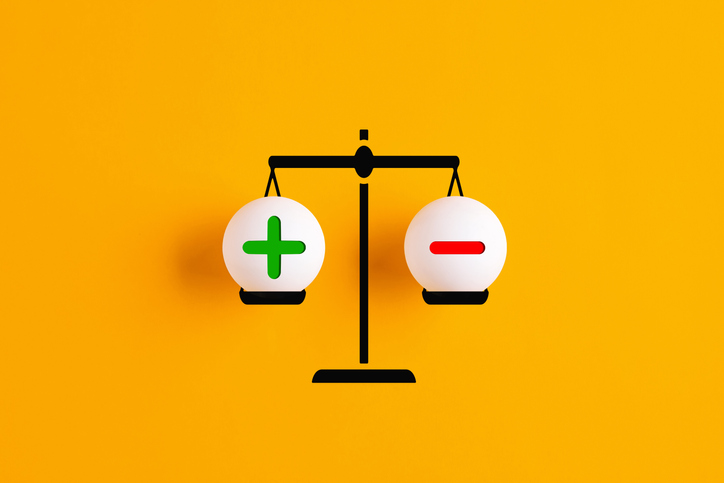Treatments
How to Determine if a Medication’s Side Effects Outweigh the Benefits of the Drug

Any medication can cause side effects. The benefits of a medication often outweigh the side effects, so in many cases, individuals continue to take a medication despite the side effects they experience. However, if side effects are severe or substantially impact a person’s life, it is imperative to consult a physician to discuss discontinuation of the medication and other treatment options.
Questions to consider when determining if a medication’s side effects outweigh the benefits of the drug include the following:
- What are the benefits of taking the medication? If a medication provides significant symptom relief or improved health, this can be a valid reason to continue taking the medication despite its side effects.
- How severe are the side effects? Side effects range from minor to severe. If side effects are severe or have a significant negative impact on daily life, a physician should be consulted to discuss alternative treatment options.
- Is it possible that the side effects will go away? Some side effects subside as the body becomes accustomed to the medication.
- Can the side effects be prevented or reduced? Various steps can be taken to help minimize side effects. For example, taking medication with food may prevent an upset stomach. If a medication causes dizziness, taking it at bedtime rather than the morning may be helpful. Physicians or pharmacists can provide other ideas to minimize side effects of a specific medication.
- Can lifestyle changes help? Avoiding alcohol or certain foods while taking medication may be beneficial. If a medication causes weight gain, a well-balanced diet and increased physical activity may help. If a medication causes sensitivity to the sun, wearing sunscreen on a daily basis may be necessary.
- Is a lower dose an option? In some cases, lowering the dosage of a medication can maintain some or most of the benefits while also reducing side effects.
- Are alternative medications or treatments available? In some cases, an alternative medication or treatment is available that provides the same benefits with fewer or less severe side effects.
- Can another medication help manage the side effects? For example, if a medication causes nausea, an anti-nausea medication may reduce or eliminate that specific side effect.
It is imperative to consult a physician when deciding whether to stop taking a medication. Antibiotics need to be taken for a certain length of time to prevent an infection from recurring, so it’s important to discuss discontinuation with a physician. Other medications, including corticosteroids and antidepressants, must be tapered slowly because stopping them abruptly can be dangerous. Before discontinuing a medication due to side effects (or any reason), communication with a health care professional is essential.

















